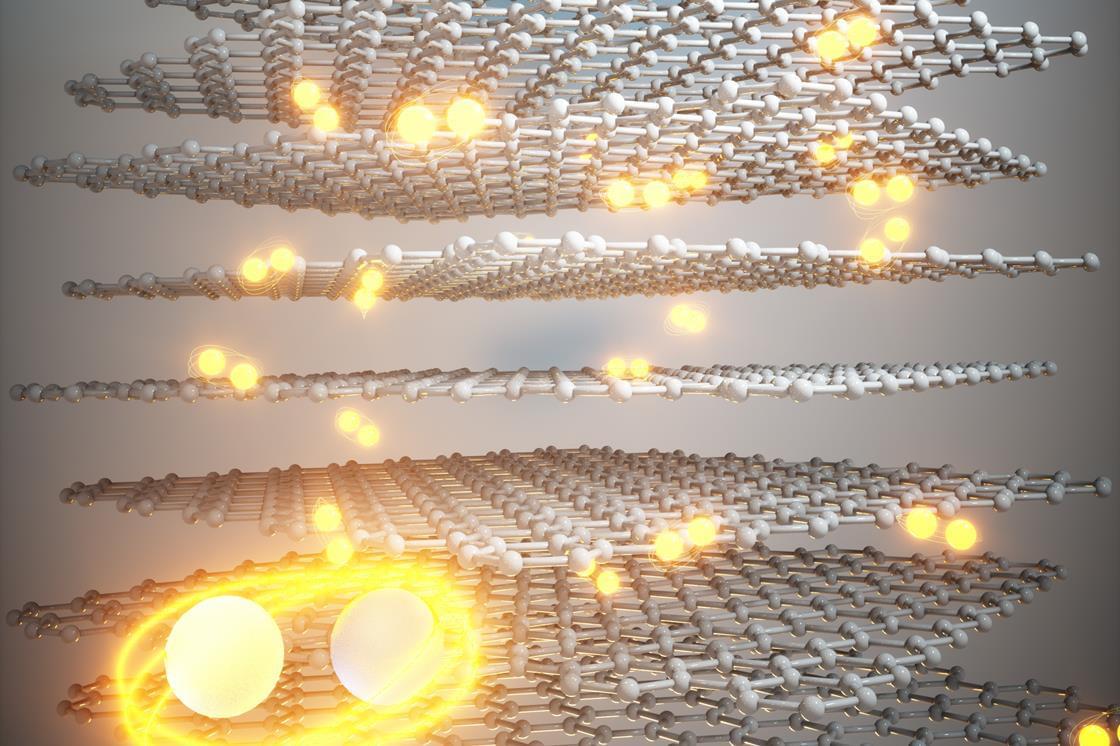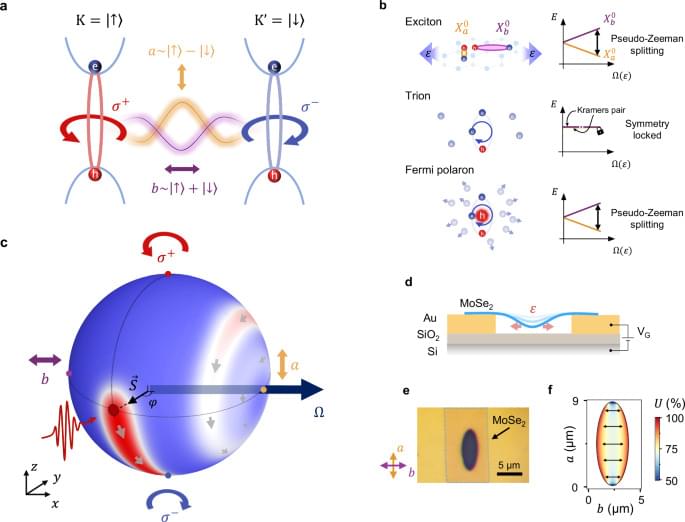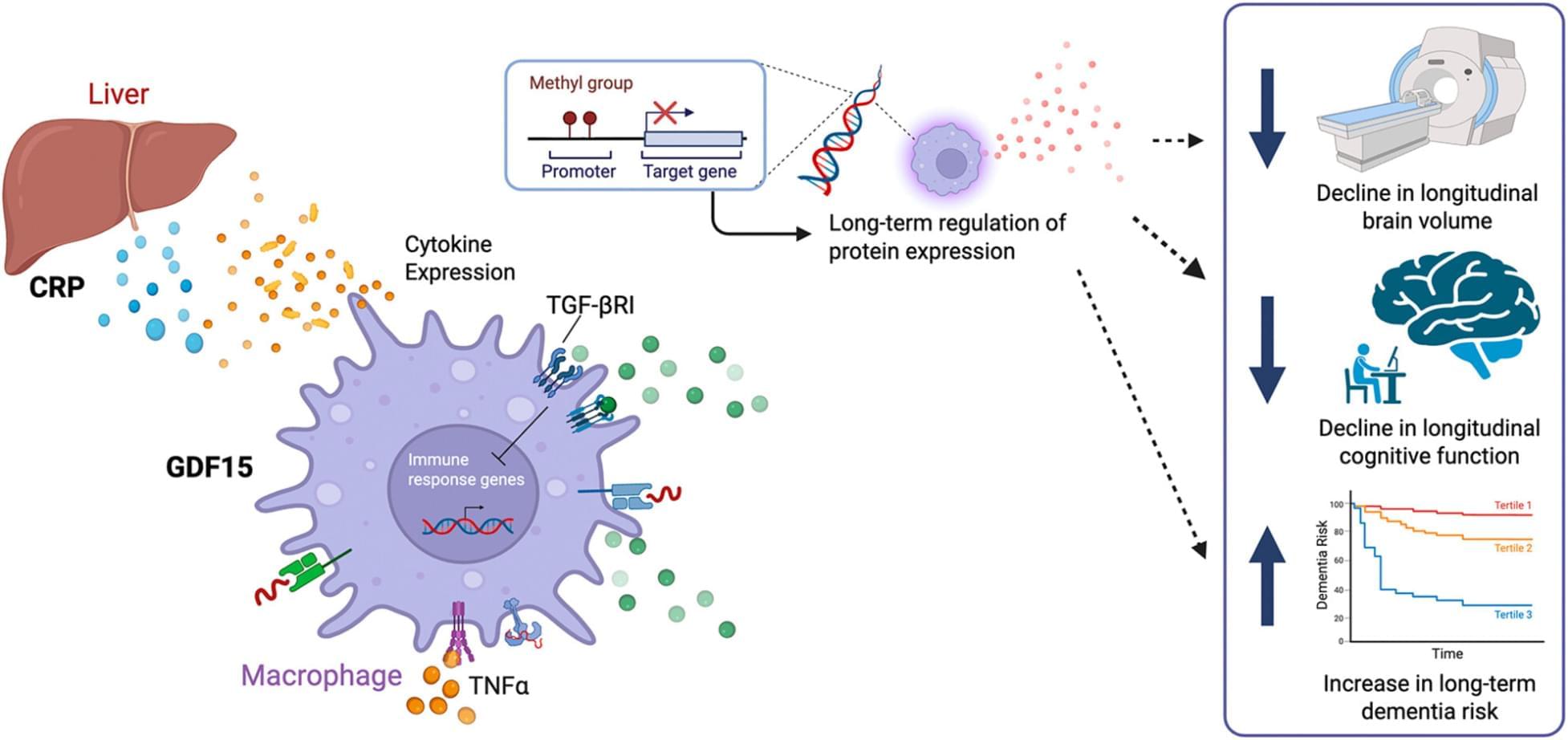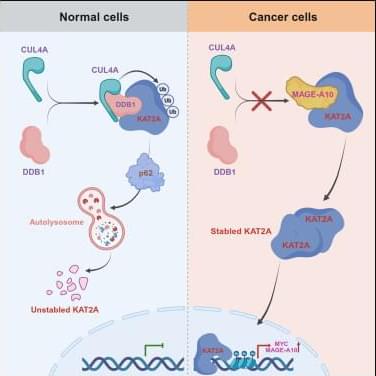Metformin has been prescribed to people with type 2 diabetes to manage blood sugar for more than 60 years, but scientists haven’t been exactly sure how it works.





In a discovery shaped by more than a decade of steady, incremental effort rather than a dramatic breakthrough, scientists from the National University of Singapore (NUS) and their collaborators demonstrated that great ideas flourish when paired with patience.
Flashback to 2011: a small group of young researchers gathered around an aging optical bench at the NUS Department of Chemistry, watching a faint, flickering glow on a screen. Their goal seemed deceptively simple: make an insulating crystal emit light when electricity flowed through it. The challenge, however, was nearly impossible.
Lanthanide nanocrystals, known for their chemical stability and pinpoint color purity, were insulators, notoriously resistant to electrical excitation.


Nissan just announced a solar-powered EV based on the Nissan Sakura for this year’s Japan Mobility Show.
Built using the super popular kei car as a platform, the solar-powered Sakura promises ‘free’ motoring thanks to its solar panels.
In theory, you can drive it for a year without ever plugging it in.

Large language models (LLMs) like ChatGPT can write an essay or plan a menu almost instantly. But until recently, it was also easy to stump them. The models, which rely on language patterns to respond to users’ queries, often failed at math problems and were not good at complex reasoning. Suddenly, however, they’ve gotten a lot better at these things.
A new generation of LLMs known as reasoning models are being trained to solve complex problems. Like humans, they need some time to think through problems like these—and remarkably, scientists at MIT’s McGovern Institute for Brain Research have found that the kinds of problems that require the most processing from reasoning models are the very same problems that people need to take their time with.
In other words, they report in the journal PNAS, the “cost of thinking” for a reasoning model is similar to the cost of thinking for a human.

Despite known links between inflammation and pathological aging outcomes, studies have found inconsistent associations between peripheral levels of inflammatory proteins, including CRP and GDF15, and markers of brain health and neurodegenerative disease (Dik et al. 2005 ; Ravaglia et al. 2007 ; Stevenson et al. 2020 ; Yang et al. 2015). A driver of these inconsistencies may be natural inter-and intra-day fluctuations and variability in plasma protein levels as well as potential measurement error (Conole et al. 2021 ; Moldoveanu et al. 2000 ; Stevenson et al. 2021). Moreover, many health conditions, as well as physical and psychological stressors, can cause transient changes in inflammatory proteins that may further contribute to variability in inflammatory protein abundance. A consequence of this variability is a difficulty in accurately estimating an individual’s long-term exposure to inflammatory stimuli, i.e., chronic inflammation. Alternatively, chronic inflammation can be measured by quantifying epigenetic signatures (DNA-methylation [DNAm]), which may act as determinants of inflammatory gene transcription (Gadd et al. 2022, 2024 ; Stevenson et al. 2021). Because DNAm, though modifiable, is more stable and less sensitive to inter-and intra-day fluctuations than circulating protein levels and is trained on the inputs of protein-DNAm associations from a large (13,399) number of individuals (Lu et al. 2022 ; Stevenson et al. 2020), blood-based DNAm scores can be derived to estimate one’s long-term exposure to a given protein.
Previously, DNAm measures of GDF15 and CRP have been used as a component of composite variables (e.g., GrimAge version 2) to capture the immunologic contributions to accelerated biological aging, morbidity, and mortality. DNAm CRP has been associated with adverse neurocognitive outcomes (Conole et al. 2021 ; Smith et al. 2024). Specifically, Conole and colleagues found that DNAm CRP was significantly associated with cross-sectional brain atrophy, white matter microstructure, and cognitive performance, and that epigenetic CRP measures were more strongly associated with measures of brain structure than were circulating CRP protein levels. Similarly, Smith et al. (2024) found that elevated DNAm CRP was cross-sectionally associated with lower MRI-defined brain volume, as well as greater dementia risk over a 16-year follow-up period (Smith et al. 2024). Although higher levels of GDF15 protein have also been linked to poor brain health and dementia risk (Isik et al. 2024 ; Walker et al. 2024 ; Walker, Chen, et al. 2023), less is known about the extent to which an epigenetic indicator of long-term GDF15 exposure (DNAm GDF15) relates to adverse neurocognitive outcomes (Gadd et al. 2024).
The current study examined DNAm measures of CRP and GDF15—two inflammatory proteins with distinct immunologic significance—and extended previous cross-sectional findings using longitudinal MRI imaging and cognitive data in a large cohort of Baltimore Longitudinal Study of Aging (BLSA) adults. We conducted a proteome-wide analysis to identify functional pathways associated with blood DNAm CRP and DNAm GDF15 scores and examined how each of these putative markers of chronic inflammation was associated with longitudinal measures of brain structure as well as cognitive function among older adults. Additionally, we compared the performance of the CRP and GDF15 DNAm scores to that of their plasma protein counterparts and determined whether the DNAm associations extended to near-and long-term dementia risk in two independent cohort studies.

Join us on Patreon! https://www.patreon.com/MichaelLustgartenPhD
Discount Links/Affiliates:
Blood testing (where I get the majority of my labs): https://www.ultalabtests.com/partners/michaellustgarten.
At-Home Metabolomics: https://www.iollo.com?ref=michael-lustgarten.
Use Code: CONQUERAGING At Checkout.
Clearly Filtered Water Filter: https://get.aspr.app/SHoPY
Epigenetic, Telomere Testing: https://trudiagnostic.com/?irclickid=U-s3Ii2r7xyIU-LSYLyQdQ6…M0&irgwc=1
Use Code: CONQUERAGING
NAD+ Quantification: https://www.jinfiniti.com/intracellular-nad-test/